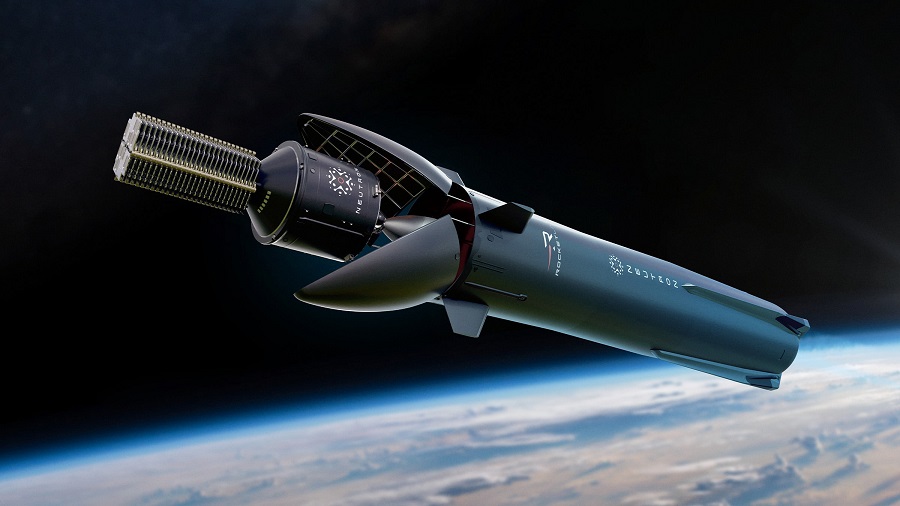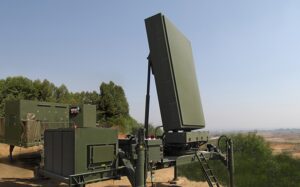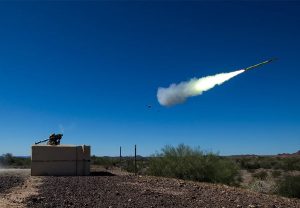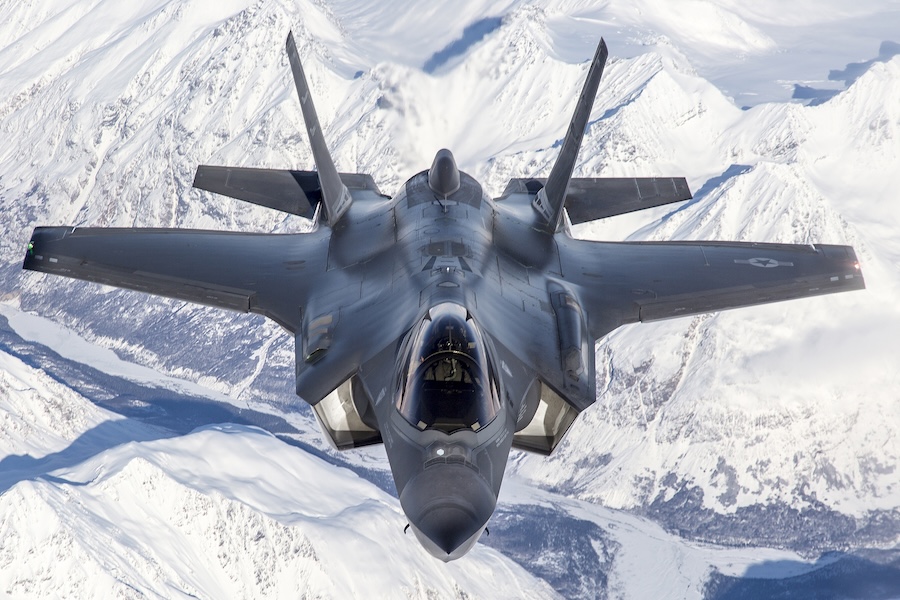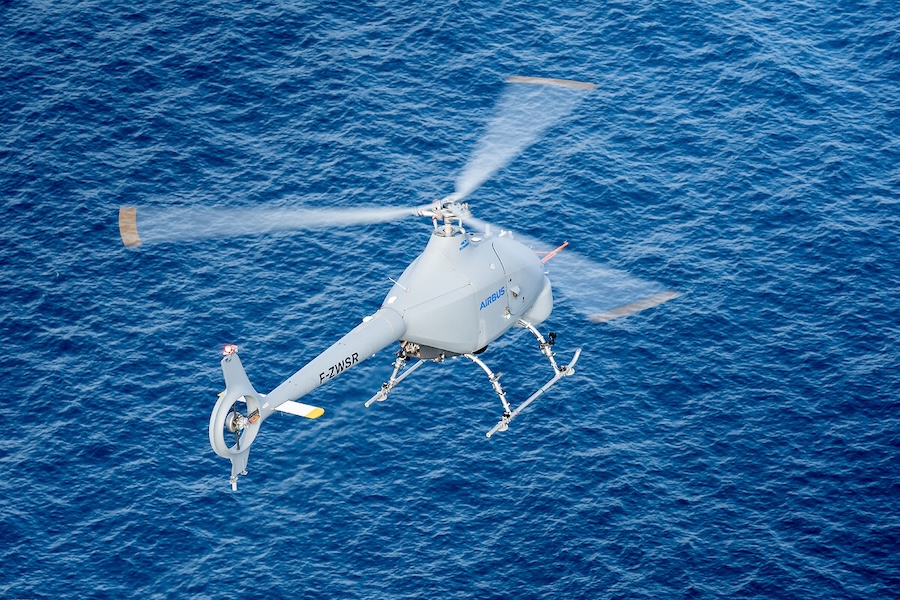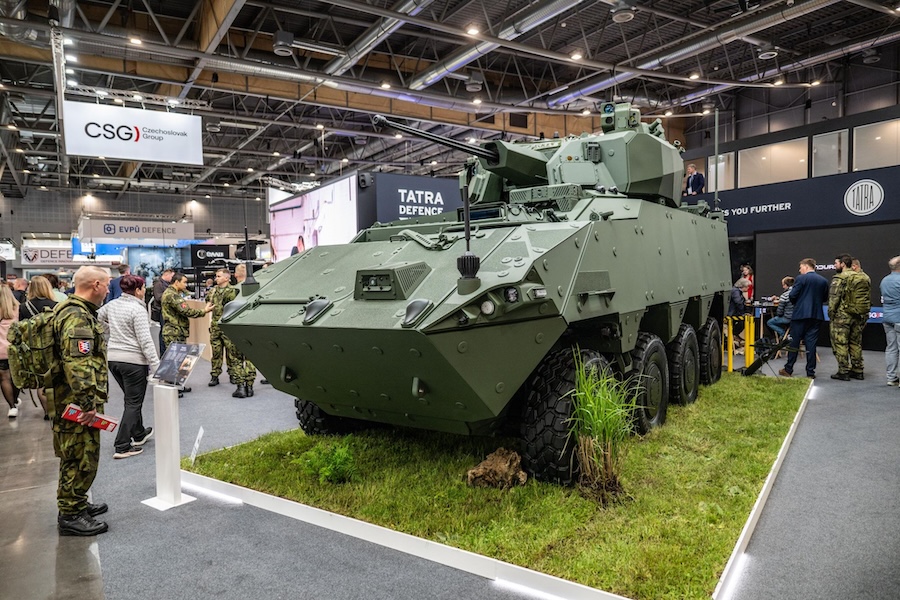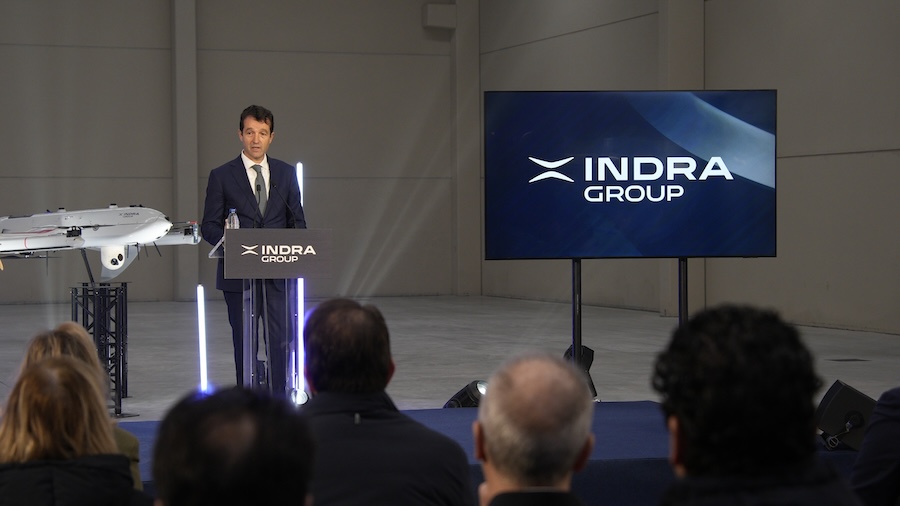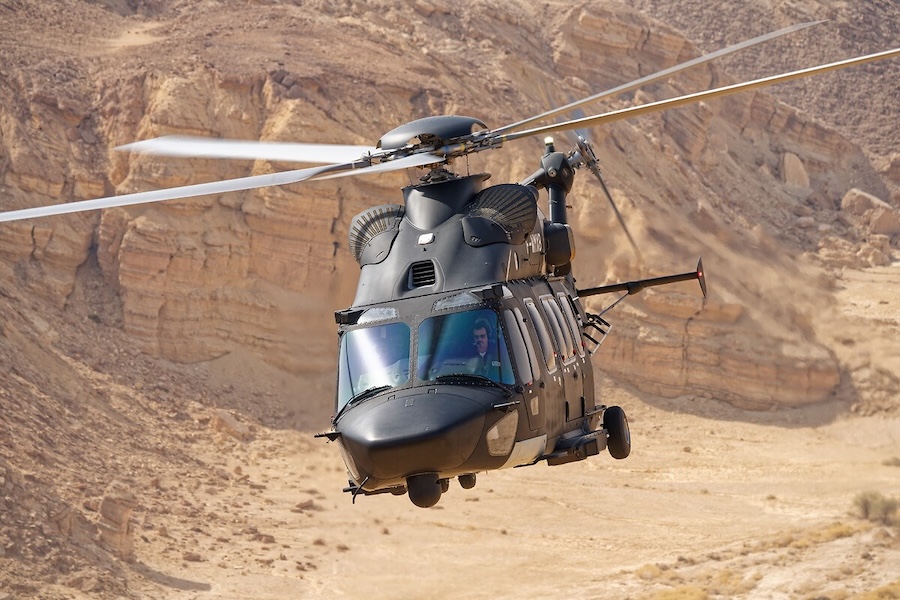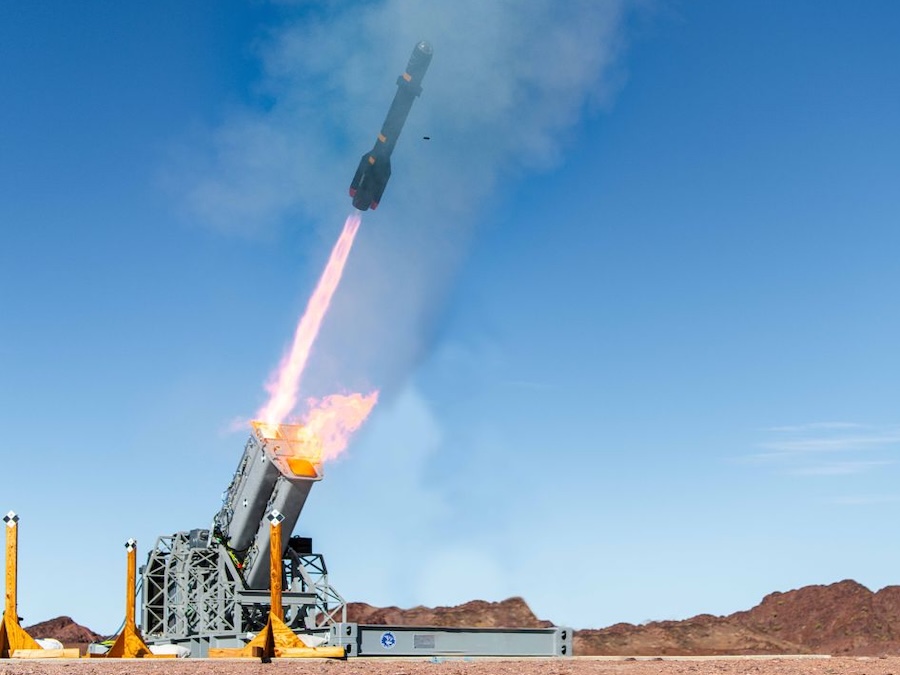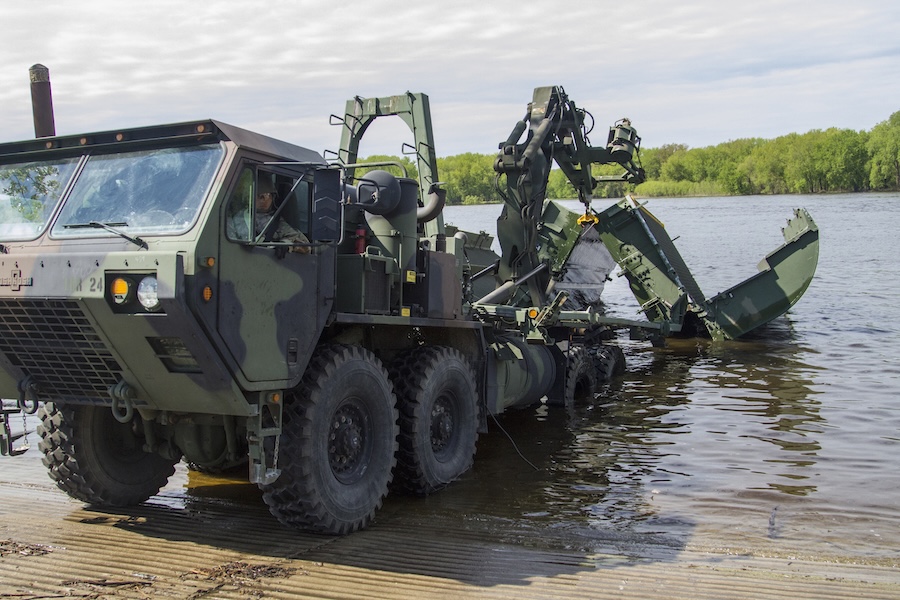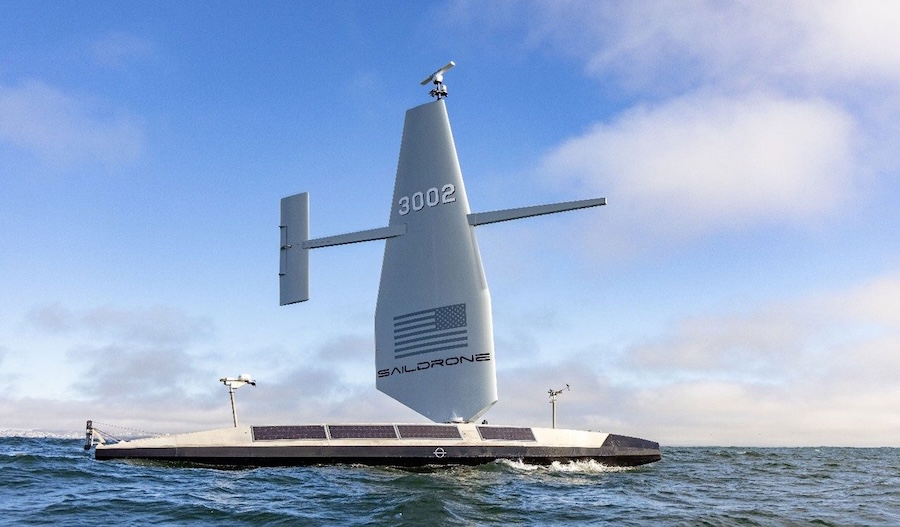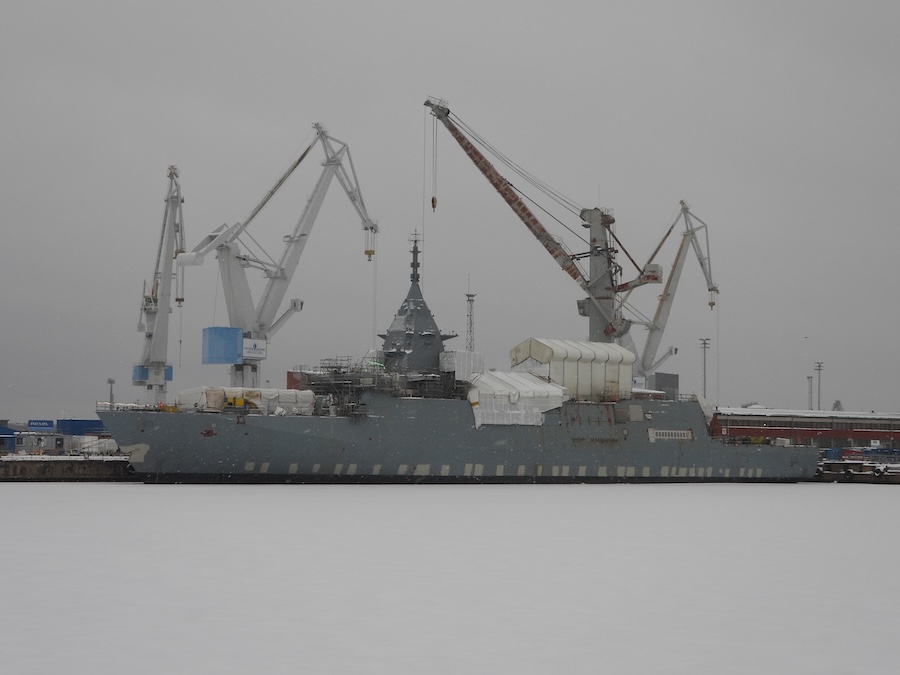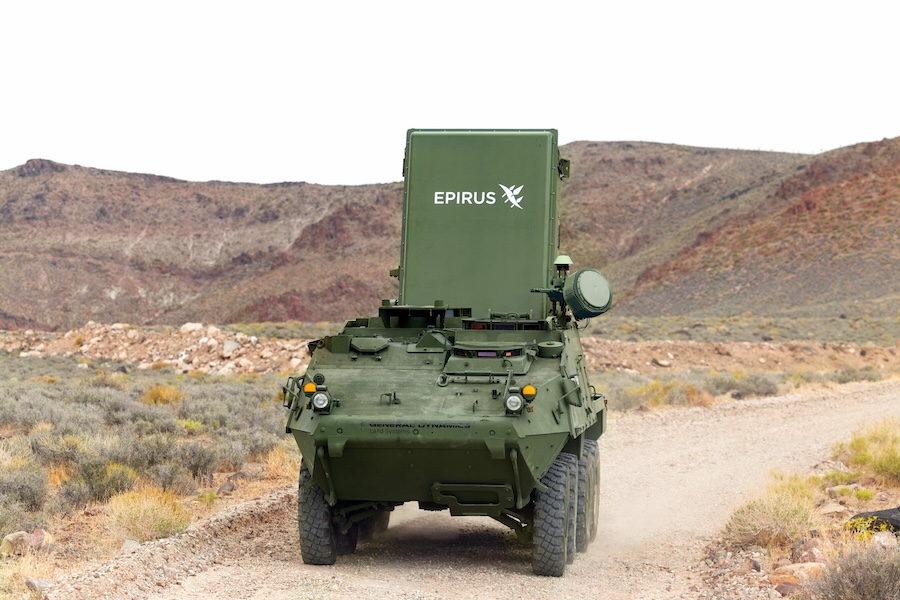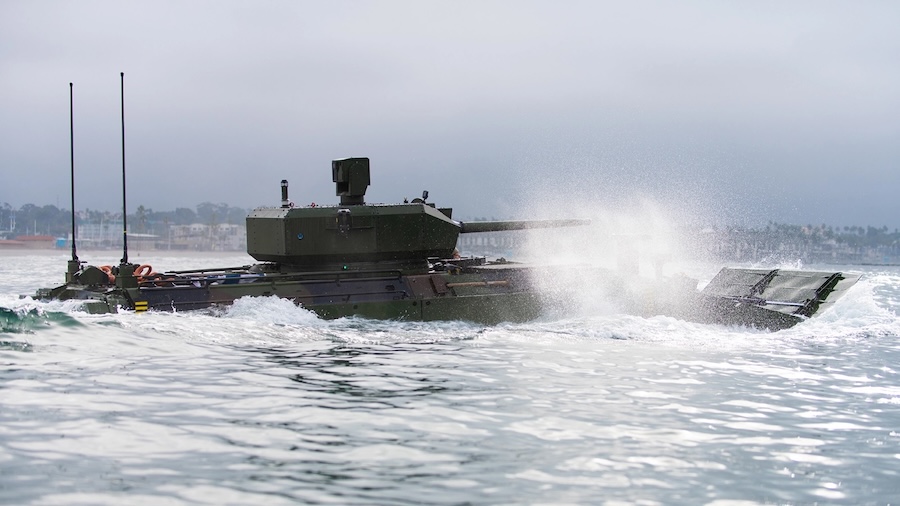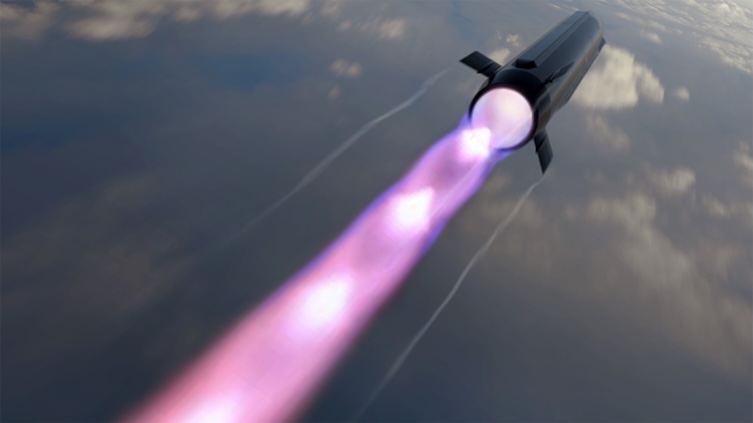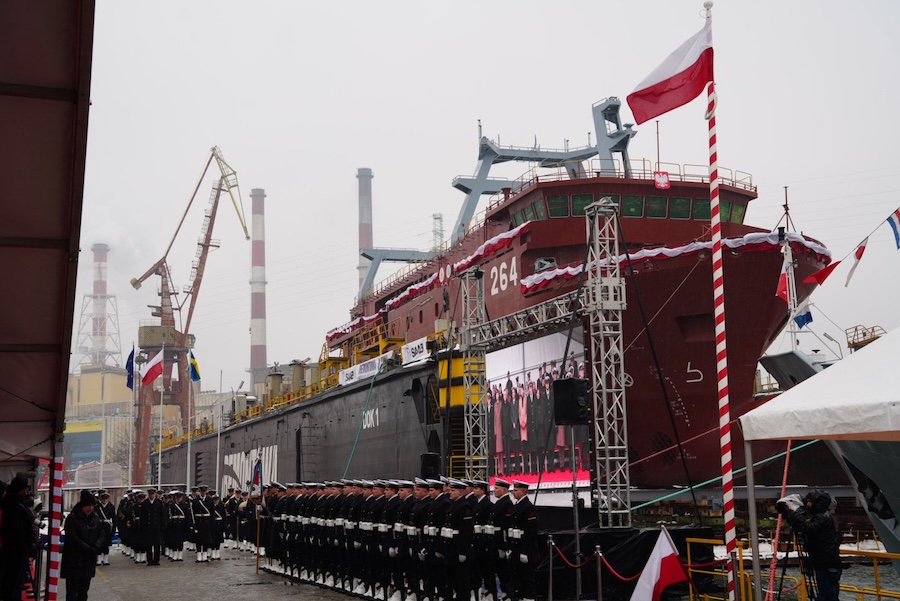The mission is scheduled to take place no earlier than 2026, with Neutron set to demonstrate a return-to-Earth launch. The project falls under the AFRL Rocket Experimentation for Global Agile Logistics (REGAL) solicitation, an initiative by the U.S. Department of Defense (DoD) to develop a rocket-based system for rapid, global cargo delivery through commercial launch providers.
Rocket Lab’s Neutron will be tasked with executing the Rocket Cargo survivability experiment, which involves launching the rocket and re-entering the Earth’s atmosphere. This demonstration will showcase Neutron’s re-entry capability, which is essential for future REGAL missions.
Neutron, a medium-lift reusable launch vehicle, is designed to provide both government and commercial clients with a reliable and cost-effective launch service. The rocket has the capacity to deploy payloads of up to 13,000 kg to low Earth orbit, positioning it as an optimal choice for national security missions, constellation deployment, and scientific exploration.
Rocket Lab’s CEO, Sir Peter Beck, expressed confidence in the Neutron project, stating: “Neutron is a powerful new launch option that will set a new standard for performance, affordability, and reliability for government and commercial space users in medium launch. This opportunity for the U.S. Air Force not only helps to advance space logistics, it also demonstrates a high degree of confidence by the DOD in Neutron’s capabilities. Anticipation is high for Neutron’s inaugural flight this year, and we’re excited to showcase Neutron as a platform for R&D for point-to-point logistics for the DoD.”
Neutron’s development continues at a rapid pace, with significant progress reported at its launch pad on Wallops Island, Virginia. The completion of the site is expected in the coming weeks, while testing of the Archimedes engine and full-scale components is ongoing at Rocket Lab’s U.S. production facilities. The first flight of Neutron remains on schedule for the second half of 2025.


